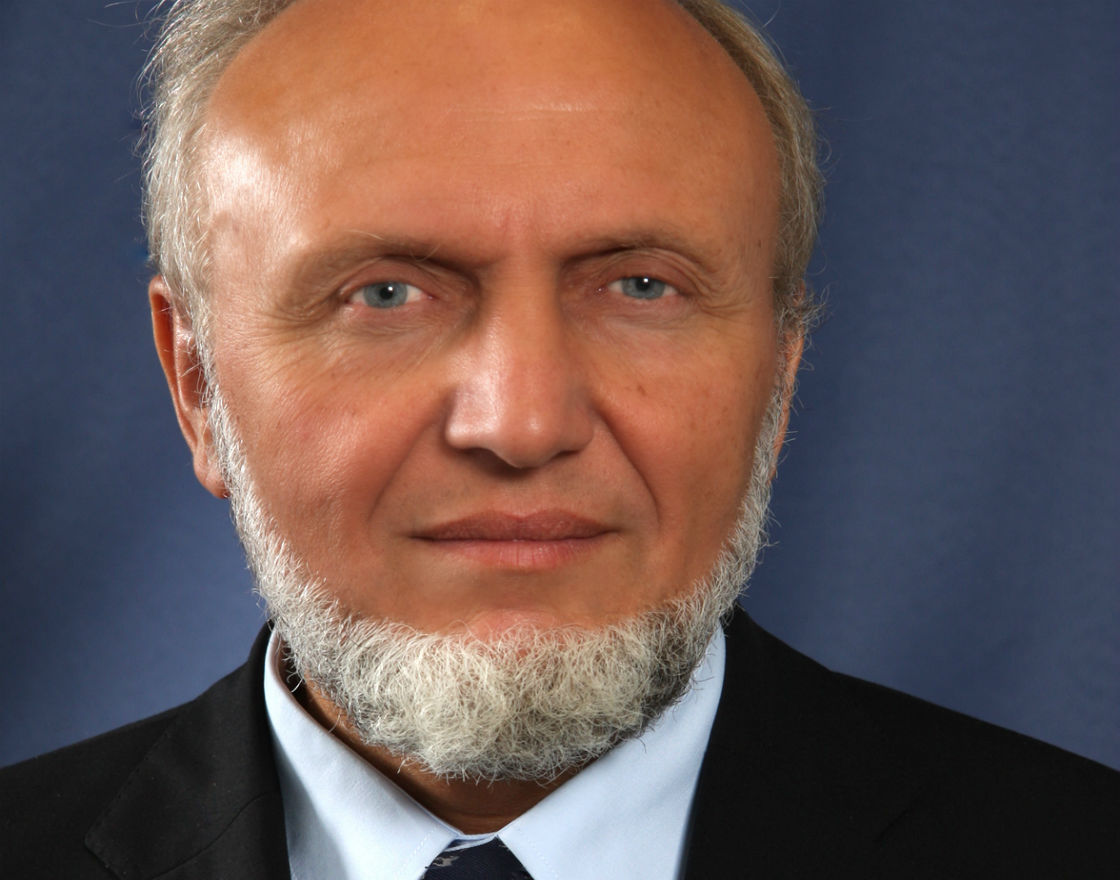
Hans-Werner Sinn (CC Ifo InstituteRomy Bonitz)
CE Financial Observer: Does the strength of the German economy saves the eurozone or whether it sinks, because its high competitiveness undermine the competitiveness of the South?
Hans-Werner Sinn: The competitiveness of southern European countries is low because the euro induced an inflationary credit bubble. The economies became too expensive, as wages, financed with credit, ran away from productivity. This has to do with Germany only to the extent German wages determined the aspiration level.
How do the economies of the South can get back on the road to recovery competitiveness?
The relative prices of goods need to be realigned. Germany has to become more expensive, and southern Europe cheaper. Given the resistance against wage cuts, this unfortunately comes along with a long period of stagnation. The convergence was too fast and artificial.
Is there a way for it to redirect the capital flows to the real economy instead of power casino-capitalism?
Casino capitalism ultimately directs capital to the real economy, but to wrong uses. Often these are uses that are too risky and that offer no true return. The fundamental prerequisite for a functioning capital market is the liability principle. Those who invest their capital are not bailed out with taxpayer money if their investment fails. Only this principle ensures an efficient allocation of capital.
Does the banking union (Basel III regulations, the package CRD IV / CRR, Single Supervisory Mechanism, resolution and bail-in mechanisms) is sufficient steps to the banks began transfer the money into the economy instead casino-capitalism?
No, the bail-in mechanism will in fact turn out to be a bail-out mechanism, as the bail-in of equity and debt capital is limited to 8 pct. of the balance sheet, and this only if there is no systemic crisis. After this comes the resolution fund with 5 pct. and then probably the ESM. The lion’s share of the losses will be borne by the taxpayers. Knowing this, investors satisfy themselves with very low interest rates without sufficient risk premia, and at these low interest rates, borrowing accelerates again. This is what we are currently seeing.
ECB’s monetary policy through transactions SMP and OMT created an additional money that a little strenghten the economy, mainly allows to refinance governments. What could restore the transmission of monetary policy?
The term „transmission of monetary policy” is propaganda for a policy of collectively insuring the investment risk which is the basis of casino capitalism. The ECB counteracts country-specific risk premia while, in fact, such risk premia are necessary for a functioning capital market.
Your essay „Responsibility of states and central banks in the euro crisis” paints a picture of a new vicious circle linking indebted governments with the central banks of the Eurosystem, including the ECB. Are the decisions of the ECB taking in June this situation does not worsen?
The measures reduce the cost of funds for over-indebted zombie banks and encourages reckless borrowing that incurs the risk of building up a new bubble or at least of postponing the necessary cleaning of balance sheets.
What kind of mechanisms could rely mutualising responsibility for state debts?
The mutualisation of state debts reduces interest rates and triggeres a new credit bubble.
Both the EC as individual states create more and more mechanisms to support the economy. Are there, at their growing role, no concerns about malinvestment caused?
If you invest other people’s money and hope to find ways not to repay you are not concerned about malinvestment.
Policymakers and economists says that the most important challenge for the EU is to maintain global competitiveness. Meanwhile, polls shows that for citizens of Europe the most important is security and social cohesion. Are there not contradictory challenges?
No, competitiveness makes jobs and jobs make cohesion. Currently southern Europe suffers from a mass unemployment that risks tearing the societies apart. Only the return to global competitiveness can bring about social cohesion.
In Poland, the president initiated a return to discussions on accession to the eurozone. What advice do you could provided?
Poland risks suffering from a similar kind of inflationary bubble as southern European countries and thus losing its competitiveness. Moreover, it would have to share the write-off losses on the voluminous rescue credits of the ECB. Although I would welcome Poland to share the burden, my honest advices is, wait and see.
Interview: Jacek Ramotowski


